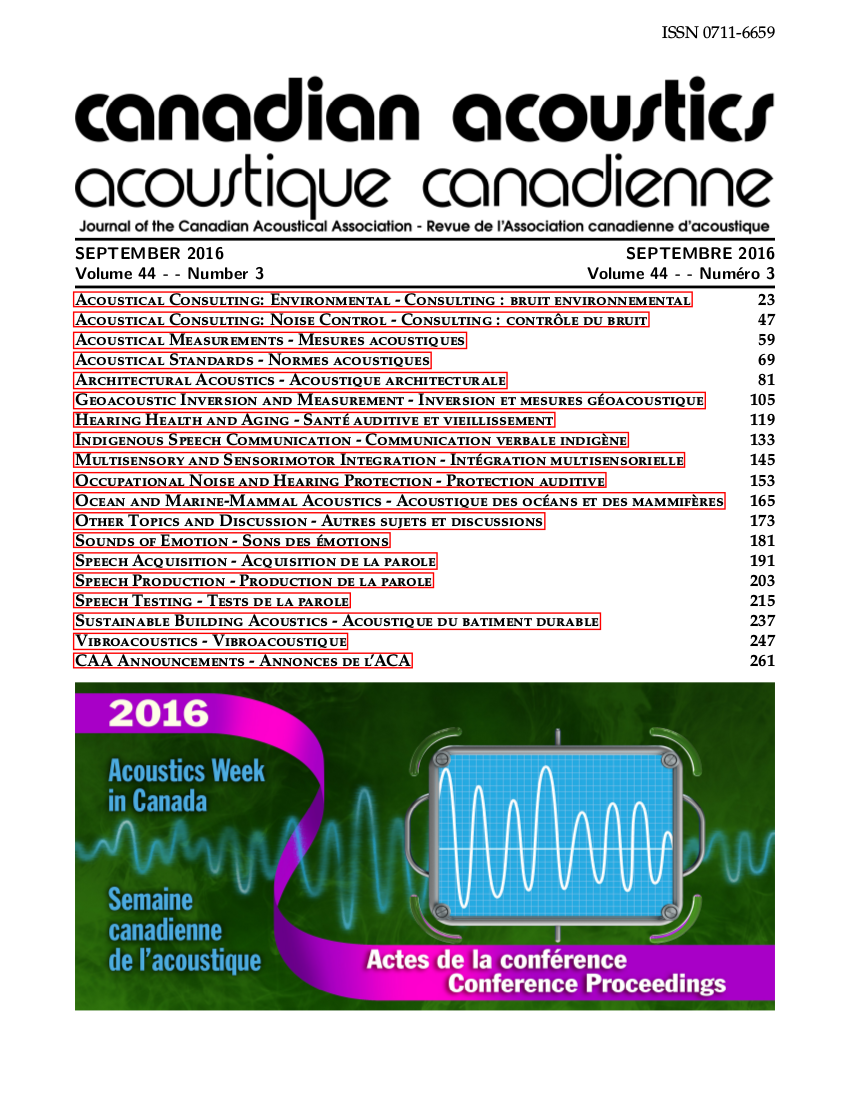Addressing Social Isolation in Hearing Rehabilitation
Abstract
Recent findings from large population based studies highlight the connection between hearing loss and cognitive declines in older adults. Although the causal mechanisms remain unknown, the impact of age-related hearing loss on communication and its effect on social interactions has been proposed as one likely pathway. Due to the severity of their communication difficulties, many seniors with hearing loss are unable to participate in groups and choose to avoid social encounters rather than deal with their challenges and frustrations.The resulting social isolation often leads to loneliness and depression, known to have a significant impact on healthy aging and quality of life. In the absence of a cure for dementia, there is a pressing need to address potential modifiable risk factors for cognitive decline. Due to the nature of auditory aging, communication challenges in the elderly may not be adequately addressed by amplification alone, and additional audiologic rehabilitation is often needed. Audiologists can teach compensatory behavioral communication strategies to improve top down processing and help to compensate for sensory deficits. Group rehab programs not only help older adults become more effective communicators, they also foster their participation and social interaction, known to promote cognitive health. This presentation describes the Hard of Hearing Club, an innovative approach to hearing rehabilitation for seniors with severe hearing loss at risk for social isolation. The club uses a social context to provide a supportive, accessible environment that addresses the activity/participation needs of these clients, in keeping with the WHO ICF model. Group members can function effectively as communicators, observing their own ‘rules for communication’, so that social interactions are positive and rewarding rather than the usual frustrating negative experiences to be avoided. The goals, outcomes of qualitative evaluation and reasons for the group’s success will be reported and discussed.
Abstract (294 words)
Additional Files
Published
How to Cite
Issue
Section
License
Author Licensing Addendum
This Licensing Addendum ("Addendum") is entered into between the undersigned Author(s) and Canadian Acoustics journal published by the Canadian Acoustical Association (hereinafter referred to as the "Publisher"). The Author(s) and the Publisher agree as follows:
-
Retained Rights: The Author(s) retain(s) the following rights:
- The right to reproduce, distribute, and publicly display the Work on the Author's personal website or the website of the Author's institution.
- The right to use the Work in the Author's teaching activities and presentations.
- The right to include the Work in a compilation for the Author's personal use, not for sale.
-
Grant of License: The Author(s) grant(s) to the Publisher a worldwide exclusive license to publish, reproduce, distribute, and display the Work in Canadian Acoustics and any other formats and media deemed appropriate by the Publisher.
-
Attribution: The Publisher agrees to include proper attribution to the Author(s) in all publications and reproductions of the Work.
-
No Conflict: This Addendum is intended to be in harmony with, and not in conflict with, the terms and conditions of the original agreement entered into between the Author(s) and the Publisher.
-
Copyright Clause: Copyright on articles is held by the Author(s). The corresponding Author has the right to grant on behalf of all Authors and does grant on behalf of all Authors, a worldwide exclusive license to the Publisher and its licensees in perpetuity, in all forms, formats, and media (whether known now or created in the future), including but not limited to the rights to publish, reproduce, distribute, display, store, translate, create adaptations, reprints, include within collections, and create summaries, extracts, and/or abstracts of the Contribution.


